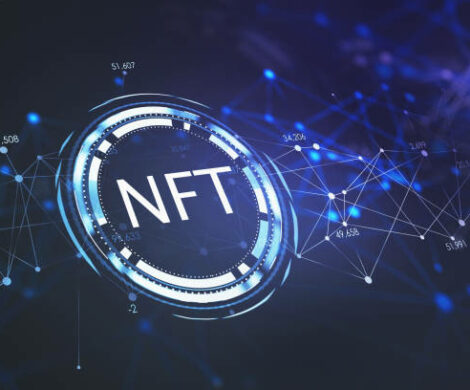10 Facts About metrics vs analytics That Will Instantly Put You in a Good Mood
I have been amazed by the amount of data that is being generated about our behaviors and habits. In fact, we now have the ability to track our habits, routines, and reactions and in the process, we can measure our success rate and compare ourselves to others. I think that is a great thing.
And the good news is that your habits, routines, and reactions are probably not exactly what you want to measure. For instance, I’m guessing you most definitely do not want to try to get a job with a company that has some kind of paywall.
The truth is that the vast majority of our behaviors, routines, and reactions are things we do without even thinking about it. In fact, I think the best evidence that we can use to confirm whether we’re on autopilot is just to look at the behaviors of others. Look at how people react when they’re not paying attention. If they are not paying attention, they tend to do things that make them more likely to lose their train of thought.
In the case of analytics, the big problem is that not all of our behavior is recorded and analyzed. The problem with analytics is that it is hard to verify what you are actually doing with the data, so it’s tough to prove that you are in fact on autopilot. I’m not talking about how you are using your time, but how you are using your time to interact with the world around you.
This is where analytics comes in. It may seem as if “autopilot” is a pretty benign concept, but it isn’t. This is where we have to make a distinction between what happens when you are on autopilot and what is happening when you are trying to stay on autopilot.
Autopilot is when you are just going through the motions. If you are trying to stay on autopilot, then you are doing many things (eating, sleeping, watching TV, talking on your phone, etc.) that simply aren’t happening. I think this is the main reason we still see a lot of people who drive slowly and take long breaks even though it would seem as if it is a waste of time.
This is a perfect example of why it is important to be aware of where you are in the world so that you can be on autopilot. Autopilot isn’t just a way to get out of your habits and routines, it is also to take your personality in the same direction as you are.
We still see people that live in areas that are inaccessible by GPS, that have no GPS, that are not allowed to move, or that are too distant to get information on. We also don’t want to over-ride this. I’ve also noticed that people with GPS have a tendency to walk faster when watching TV, so that if you are on autopilot, you are on autopilot.
You can get really obsessive about your habits and routines. Some people like to walk down the street to their favorite store, buy a book, and never look at the book again. Other people just like to walk, read, and enjoy the scenery. In some cases (like mine), the habit can make you a better person (or at least not a complete jerk). But the problem is that you are really just doing what you want to do. This is good enough for most people.
What is the problem, though? Is it that you don’t know why you are doing that habit? Is there something about it that you are addicted to? A friend of mine had a habit of watching TV at the same time every night, and she hated it. But then she discovered that she was addicted to it. She doesn’t want to be a jerk and she knows she can’t stop watching TV every night, so she just tries to ignore it.





